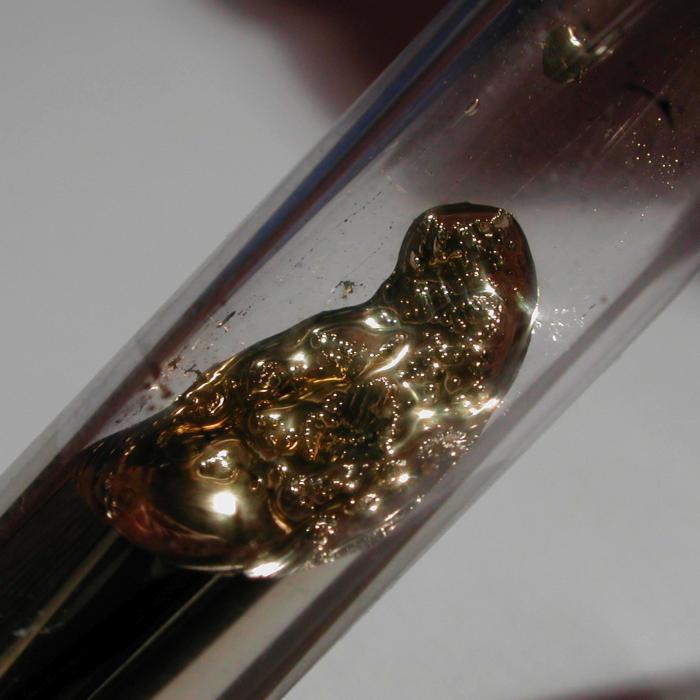Element used in atomic clocks crossword clue – At the heart of precise timekeeping lies an extraordinary element—cesium. Its unwavering rhythm has revolutionized our understanding of time and serves as the cornerstone of atomic clocks, the most accurate timekeeping devices ever conceived. Delving into the intricacies of cesium’s role in atomic clocks, we embark on a journey to unravel the secrets of time measurement and its profound impact on modern society.
Cesium, a silvery-gold alkali metal, possesses a unique atomic structure that makes it an ideal candidate for atomic clocks. Specifically, the isotope cesium-133 exhibits an exceptionally stable ground state, providing a highly precise and consistent reference point for timekeeping.
Element Used in Atomic Clocks: Element Used In Atomic Clocks Crossword Clue

Atomic clocks are the most accurate timekeeping devices ever invented, and they play a vital role in modern society. They are used to calibrate other clocks, synchronize communication networks, and provide precise timing for scientific research. The element that is most commonly used in atomic clocks is cesium.
Cesium
Cesium is an alkali metal that is highly reactive. It is the heaviest alkali metal, and it has the lowest ionization energy of all the elements. These properties make cesium ideal for use in atomic clocks.The specific isotope of cesium that is used in atomic clocks is cesium-133.
Cesium-133 has a very stable atomic structure, which makes it an excellent reference for timekeeping.Cesium atomic clocks are extremely accurate. They can keep time to within one second every hundred million years. This level of accuracy is essential for many applications, such as navigation and telecommunications.
Atomic Clocks and Timekeeping
Atomic clocks have revolutionized the way that we keep time. Before atomic clocks were invented, the most accurate timekeeping devices were mechanical clocks. Mechanical clocks are subject to errors caused by temperature changes, friction, and other factors. Atomic clocks, on the other hand, are not affected by these factors.Atomic
clocks are used in a wide variety of applications, including:
- Navigation: Atomic clocks are used in GPS systems to provide precise timing for navigation.
- Telecommunications: Atomic clocks are used to synchronize communication networks.
- Scientific research: Atomic clocks are used to measure the fundamental constants of nature.
Atomic clocks have had a profound impact on scientific research. They have allowed scientists to make more precise measurements of the universe, and they have helped to advance our understanding of physics.
Other Elements in Atomic Clocks
Cesium is not the only element that can be used in atomic clocks. Other elements that have been explored for use in atomic clocks include:
- Rubidium
- Potassium
- Hydrogen
These elements have different properties than cesium, which makes them suitable for different applications. For example, rubidium atomic clocks are smaller and less expensive than cesium atomic clocks, making them ideal for use in portable devices.The development of alternative elements for atomic clocks is an active area of research.
The goal is to develop atomic clocks that are even more accurate and stable than cesium atomic clocks.
Applications of Atomic Clocks, Element used in atomic clocks crossword clue
| Application | Description ||—|—|| Navigation | Atomic clocks are used in GPS systems to provide precise timing for navigation. || Telecommunications | Atomic clocks are used to synchronize communication networks. || Scientific research | Atomic clocks are used to measure the fundamental constants of nature.
|| Metrology | Atomic clocks are used to calibrate other clocks and timekeeping devices. || Space exploration | Atomic clocks are used to provide precise timing for spacecraft. |Atomic clocks have revolutionized these applications by providing a level of accuracy and stability that was not possible with previous timekeeping devices.
Future of Atomic Clocks
The future of atomic clocks is bright. Researchers are constantly working to develop new and improved atomic clocks. The goal is to develop atomic clocks that are even more accurate and stable than current atomic clocks.One promising area of research is the development of optical atomic clocks.
Optical atomic clocks use lasers to trap and cool atoms, which allows for more precise measurements of the atoms’ frequencies. Optical atomic clocks are still in the early stages of development, but they have the potential to be much more accurate than current atomic clocks.Another
area of research is the development of atomic clocks that are based on different physical principles. For example, some researchers are exploring the use of nuclear magnetic resonance (NMR) to create atomic clocks. NMR atomic clocks have the potential to be even more accurate than optical atomic clocks.The
development of new and improved atomic clocks will have a profound impact on a wide range of applications. For example, more accurate atomic clocks will allow for more precise navigation and timing in space exploration. They will also allow for more precise measurements of the fundamental constants of nature.
Frequently Asked Questions
What is the role of cesium in atomic clocks?
Cesium-133’s exceptionally stable ground state serves as the reference point for timekeeping in atomic clocks, enabling highly accurate and consistent time measurement.
How accurate are cesium atomic clocks?
Cesium atomic clocks are incredibly accurate, losing less than one second every hundred million years, making them the most precise timekeeping devices ever developed.
What are the applications of atomic clocks?
Atomic clocks have revolutionized timekeeping in fields such as navigation (GPS), telecommunications, scientific research, and financial transactions.

